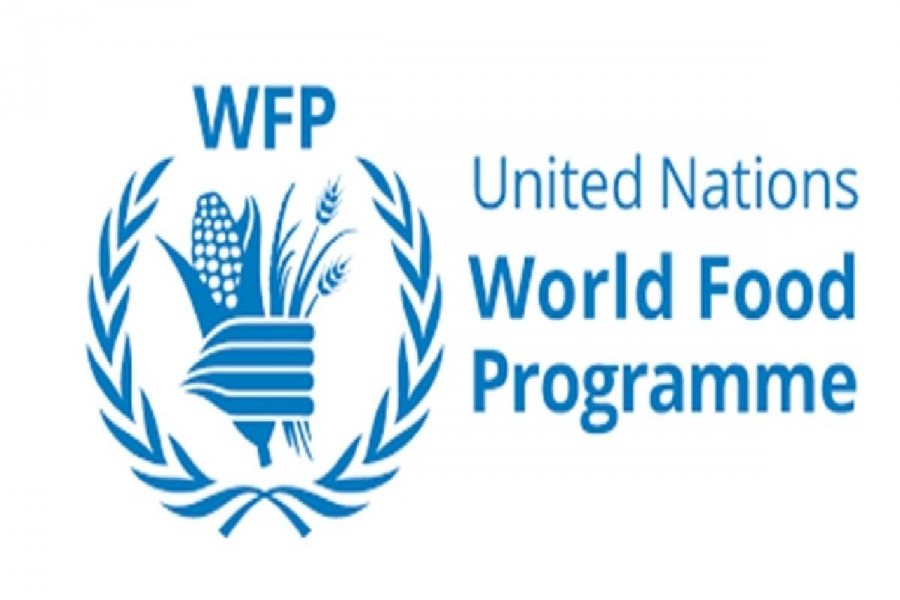Almost half of the urban population in Cox’s Bazar Sadar are struggling to have access to food during this Covid-19 pandemic due to significant downturns in livelihoods and income, according to a WFP assessment.
The Cox’s Bazar Urban Vulnerability Assessment found that 40 percent of those surveyed have had no income since March and 48 percent struggled to buy enough food.
As a result, they have been heavily relying on external assistance, including from the government of Bangladesh and donors, said the WFP (United Nations World Food Programme) on Monday.
“Covid-19 is more than a health crisis…it’s also a socio-economic crisis for millions of people around the world. Here in Bangladesh, urban populations and those who rely on tourism or the informal wage sector to make a living are the hardest hit,” said Sheila Grudem, Senior Emergency Coordinator for WFP in Cox’s Bazar.
Daily wage workers have experienced a more than 70 percent drop in incomes and those self-employed have seen a 44 percent drop. Business owners and traders have seen income level drop to two-thirds of usual earnings during the lockdowns.
In April, WFP launched a programme in Cox’s Bazar, targeting vulnerable members of the host community through food and cash assistance, complementing the existing distributions made by the government.
“As part of the Covid-19 response, WFP has provided the local communities with assistance through our livelihoods, school feeding, and disaster risk reduction programmes. Now we’re extending this work to cover half a million people in the district, including over 62,000 in Sadar,” said Grudem, repots UNB.


